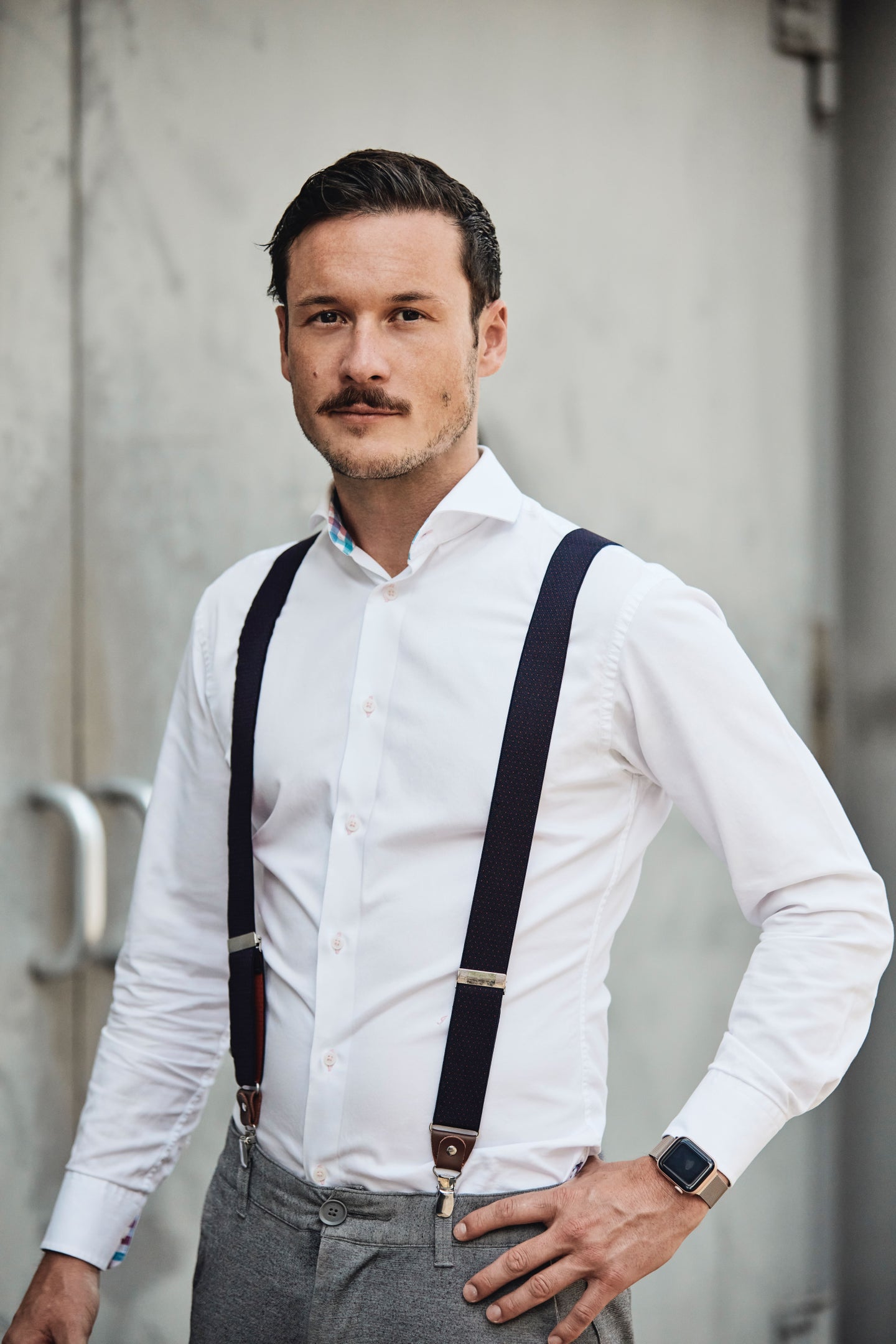5 Questions with Johannes Röhrenbach, Co-founder of Mavuno Technologies for Paris Techstars Accelerator
Jul 28, 2022

Johannes Röhrenbach, Co-founder of Mavuno Technologies
01. What is your background? Take us through the steps of becoming a founder
I always loved to create. And I always had a thousand ideas. The startup world was unknown to me until the end of my studies of pure mathematics… I discovered entrepreneurship in 2011, when I founded a student think tank with the mission to bring forward ideas from people with maximum diverse scientific backgrounds. One year later, my first startup in the renewable energies space emerged from this group, together with four co-founders.
And another year later our business model collapsed thanks to the EU introducing penalty tariffs on Chinese solar modules: I experienced my first big founder crisis. Haven’t had prepared for a plan B, I joined the consulting world for two years, only to do it all over again: in 2015 I founded a sharing economy platform as a solo founder.
After two years including a successful accelerator and angel round we ran out of cash and I joined the software industry; at the beginning again as consultant, later as senior manager building up an innovation ecosystem at an established FinTech company.
Aside from my day-to-day job I co-founded a venture builder studio / software development agency with the purpose to test out as many new ideas and prototypes in as little time as possible. When Jakob approached me after the first two projects with the request for a prototype of a satellite imagery driven mobile app for farmers, together with Lukas we immediately saw the startup potential and decided to start Mavuno.
02. How do you and your co-founders know each other?
Jakob, Lukas and I are brothers. Coming from a family background of six children, we’ve always been used to a buzzy life.
A great joint passion of our family are board games. Driven by the fascination to create our own games, Jakob, Lukas and I started experimenting. Several (more or less finalized) board and card games have emerged from this period.
The starting conditions for Mavuno were quite favorable with Jakob’s expertise in technology, Lukas’ 7 years experience (and network and reputation) in the African agriculture market and my startup background.
03. What did you enjoy most about the Paris Techstars Accelerator’s program and what are your biggest learnings?
The most exciting aspect of our accelerator experience surely was to be part of a peer group of extremely talented and experienced founders sharing the same vision of sustainability. The program was well curated by the amazing Techstars Paris team and they managed to establish an exceptionally close atmosphere in between the teams, even though the program was conducted in hybrid format (only two out of 12 weeks in person). We also very much liked the hybrid aspect of the program and wouldn’t have been able to participate otherwise.
04. What were some of the obstacles your company faced throughout the three months of the acceleration program?
Since we were focusing on growth and traction right from the start and our business model requires larger financing volumes for farm input purchase, the biggest obstacle has been working capital. Fortunately we were able to secure a €300k loan throughout the program and therefore managed to realize our planned growth to 3,000 farmers worth €600k ARR.
Key objective of our participation at Techstars was to resolve this working capital problem going forward. Thanks to the fantastic inputs of our mentors and their network we managed to partner with three African FinTechs, which will offer their micro loan products to our farmers from next season on.
05. How do you plan to measure the impact of your company in the next 5 years?
Since we can double harvest yields and incomes of our smallholder farmers, the biggest impact we create on SDG No. 1 “No Poverty”. From this year on, our technology can predict (and track) harvest yields in automated fashion; we therefore measure the number of empowered farmers and average yield/income increase.
Throughout the Techstars program we have also modeled our CO2 impact: by planting pre-financed trees on the spare land of our farmers, binding carbon in the soil through micro bacteria treatment and offsetting all this with tokenized carbon certificates, we can compensate for two million CO2 emissions by 2027.
For the latest news on our applications, please visit our page.
